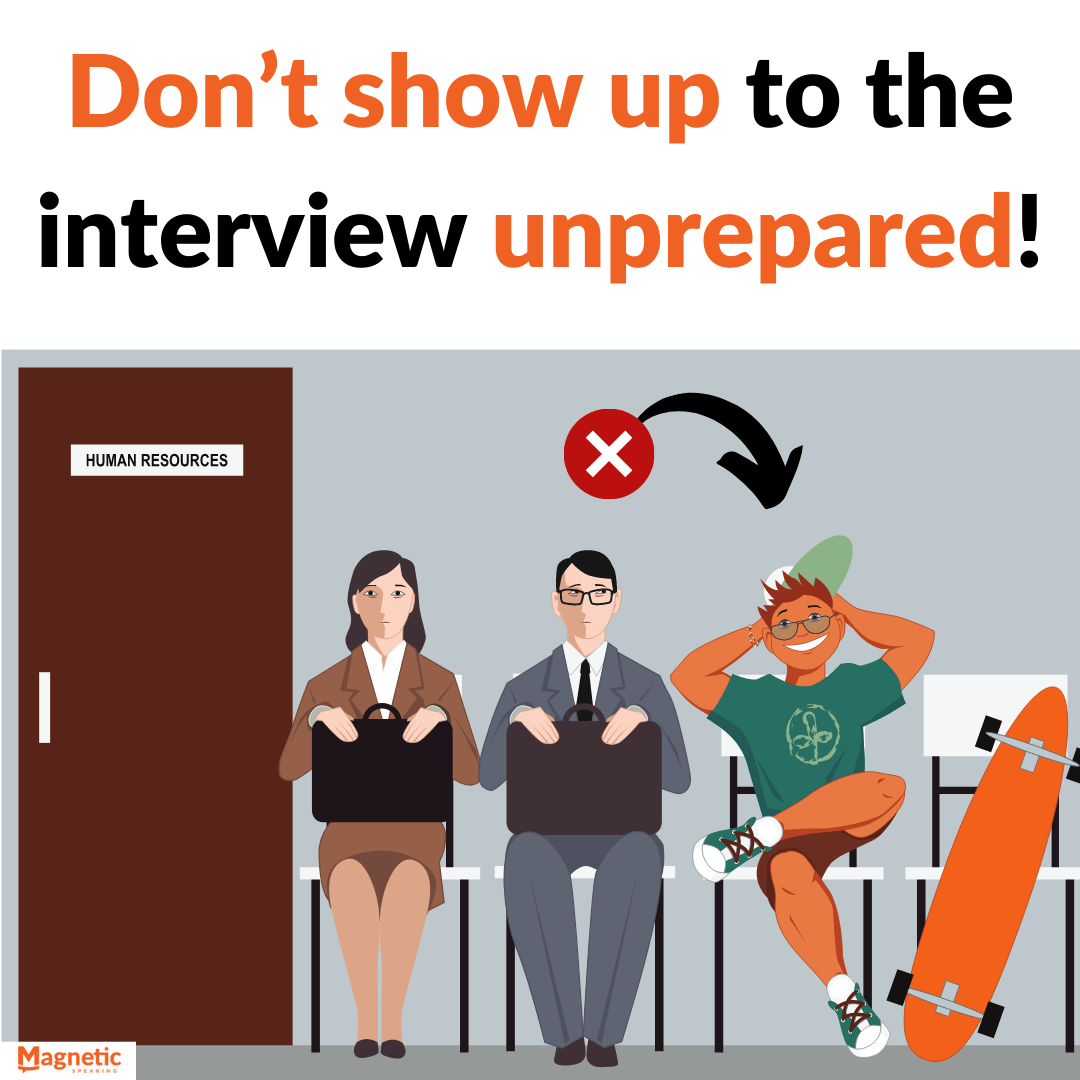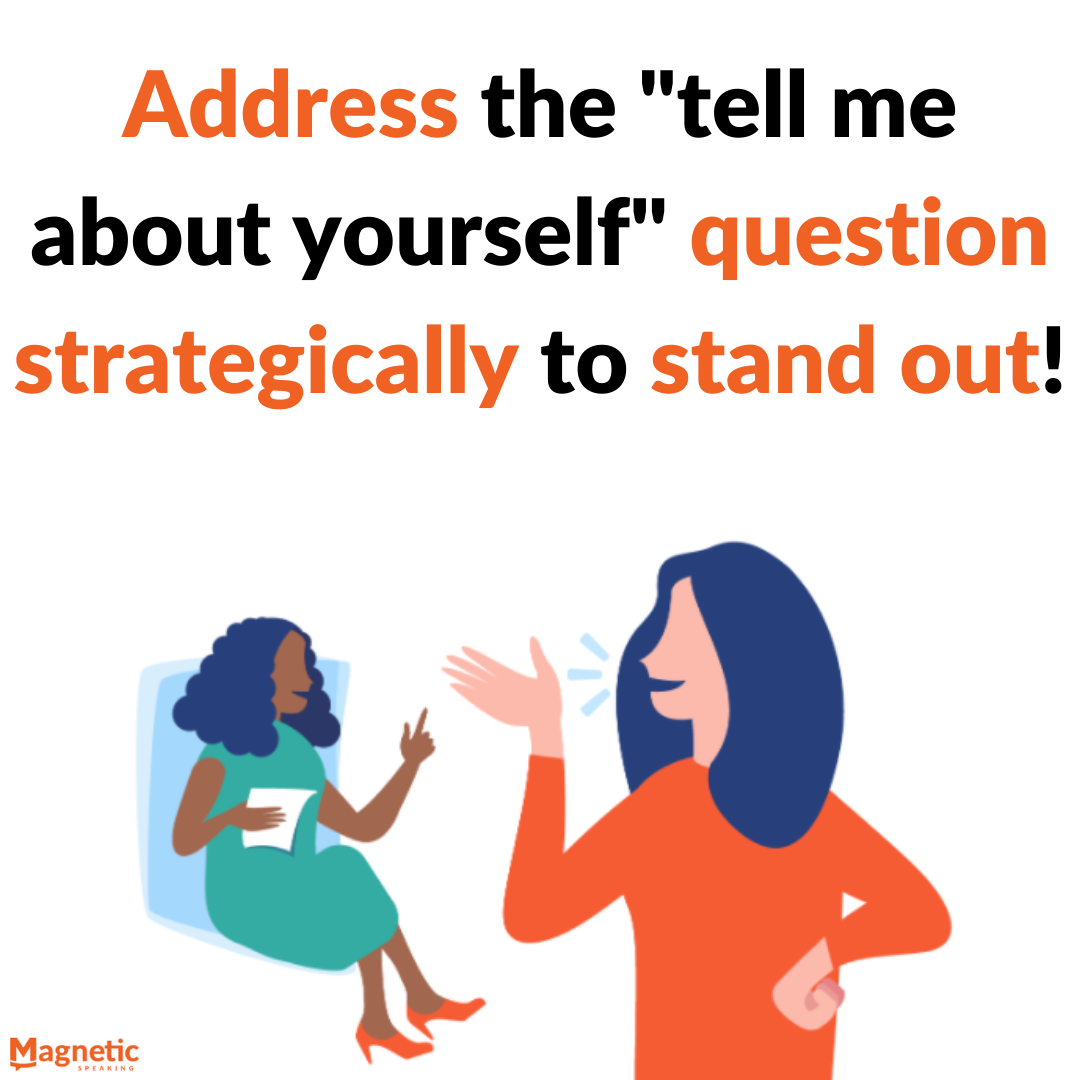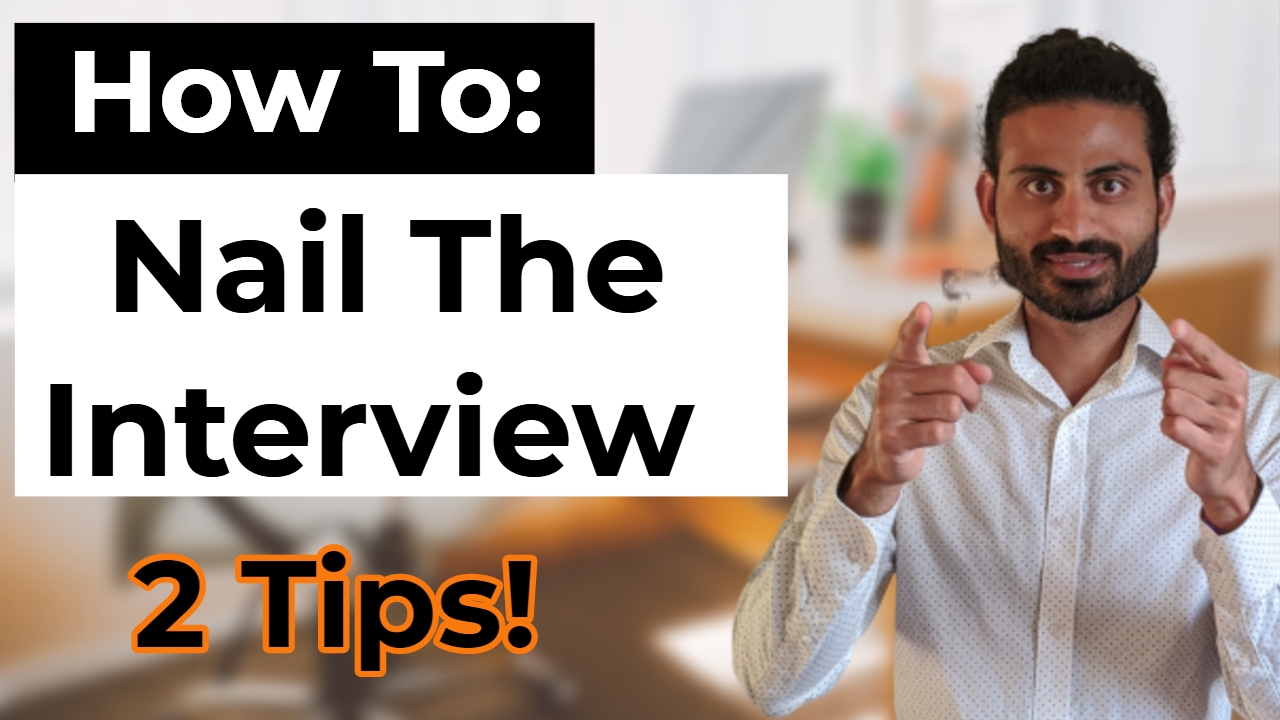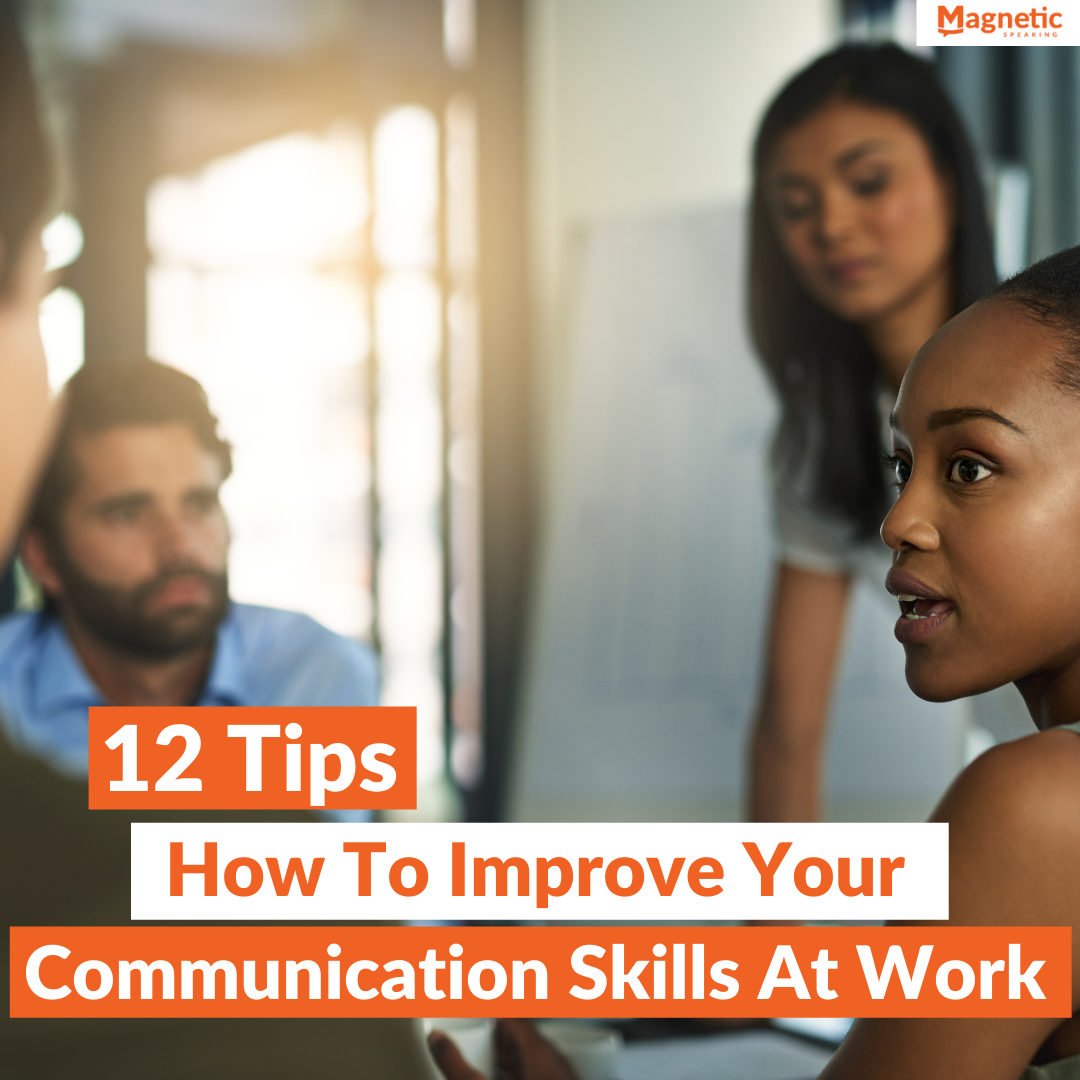You see a position you really want at a great company. But you don’t have the exact experience they’re looking for.
Should you even apply? Yes!
After that, if you want to increase the chance that you get an interview, follow these steps.
Assuming you’ve landed the interview, I’ll now walk you through the “do’s” and “dont’s” of interviewing when you don’t have the right experience – that way you position yourself strategically.
[Before] What you should and shouldn’t do before the interview
Before you even get to the interview there are multiple things you should and shouldn’t do. These are important to know and do (or avoid) because it’ll help you put your best foot forward in the interview and reduce any time that may have been wasted.
Shouldn’t Do

Don’t show up to the interview unprepared
You should show up to the interview ready, knowledgeable and educated on the industry, company culture, specific language used for the role and be aware of where you may lack experience (or need to shed more light on that specific experience) before.
Don’t apply for a position way outside of your comfort zone
If the position requires 10 years of management experience and you’re right out of college, probably best to hold off on applying for that role because you may be wasting time applying with very low chance of hearing back.
Don’t talk yourself down
On the other side, if your experience is somewhat close then definitely apply! You’re more skilled than you think and especially if you have years of experience in the industry, that’s valued.
Should do
Apply to roles that you’re a 70% fit for
If the job requires 10 years of experience but you only have 7, go for it! It’s close enough at that point that you have a high likelihood of getting an interview.
Know where you may fall short on experience.
Have proven answers and examples you can point to in order to handle that type of question.
For example, if they’re asking for experience leading a team you can think of other experiences you’ve had that may be relevant if you haven’t specifically led a team in the industry.
Such as, if you lead a religious group or sports group or recreational team then you can use that as an example of leadership experience. Or if you were ever a lead on team projects where you have to manage people and expectations.
[Beginning] Asking the right questions
Interviews are short, ranging from 30 minutes to an hour. This means you have to be strategic with your answers, especially when you know that you lack some qualifications on paper.
To make every answer you give count, you need to know what they are looking for in a candidate. That way, you structure your answers and customize them to fill the employer’s needs.
Should Do
Ramble, and hijack the interview by throwing out random data points about your qualifications. You will not fool anyone by doing so. You will come across as though you’re trying to overcompensate for your lack of qualifications.
Shouldn’t Do
It would be best if you asked, “What are you looking for?” or “What problem are you trying to fix?” That way you will have a chance to show the employer that you can help them with their need even if you lack some qualifications.
Address the “tell me about yourself question” immediately: Talk about yourself the right way and ask the right questions
Shouldn’t Do
Ah…the infamous “tell me about yourself” question. When you get asked this in the beginning, the number one thing to avoid is to give your whole life story. This tends to happen when you’re not an exact fit and you try to step over that by giving them everything.
The other issue is bringing up that you don’t have the exact experience (“I know I don’t have the exact number of years of experience…”). The interviewer will bring it up if they think it’s an issue – there’s no need for you to feed into it unnecessarily and set that tone in the beginning of the interview.
Should Do

So instead, make your answer concise and specific.
Concise: You should be able to answer it in less than 2 minutes. You’re not going through every single piece of your past. Just the relevant experience that weaves a narrative of why you’re a good fit for the role.
Specific: Give a tangible example of what transferable skills you have for the role. If you’re applying for a product manager position and never had an official “product manager” role, then find an instance where you’re illustrating those skills.
Let’s say you’re interviewing for a Product Manager position and don’t have direct Product Management experience.
Example: “…In my current role as Lead Software Architect, I’m constantly balancing the priorities of our key business stakeholders, engineering team and finance team. I have to translate key needs from our business partners into tools that are useful and easy to use, while maintaining the engineering team’s focus and morale. I’m excited to apply those skills into a Product Manager role, as I know that PMs are constantly balancing between marketing, sales, engineering and the customer needs.”
In this example, you’re showing that you have some understanding of who PMs engage with and showing that you can apply your skills from that.
[During] Translate your experience into the industry you’re applying for: Industry-specific language
There’s a lot more nuance in the “Tell me about yourself” question (something we work on in 1:1 Coaching), but if you can stay concise and specific, that’ll help you stand out.
Example: Interviewing for a product manager position but worked as a team leader in the past
For this step, you want to make sure that how you’re talking about your experience is relevant to them.
Shouldn’t Do
If something you did in the past isn’t as relevant to them, you want to be sure not to share that. That’s easy to say but more challenging in knowing what may be relevant or not when it comes to details, gray areas and nuances. To help guide you on that, you want to find at least a couple connection points that you can tie back into why that example would be relevant to them. If you don’t find any connection points, probably not a good story to share.
Should Do
You do want to be sure to share relevant experiences, even if they aren’t exactly what the interviewer is looking for.
For example, if you’re interviewing for a product manager role but haven’t worked that specific role before – you can share an example of how you worked as a team lead for five years, which is about as equivalent to a product manager in a software space as you can get.
How to answer the statement “you don’t have the right experience” 2 ways
What do you say when a potential employer flat out tells you, “You don’t have the required experience!”
You shouldn’t beat around the bush, ramble, or come up with excuses. You should handle the question elegantly and straightforwardly depending on how accurate the potential employer’s statement is.
Response if their statement is incorrect and you do have experience:
If the statement is false, then you can correct the interviewer. For example, if an interviewer says, “you don’t have experience managing direct reports.” and you know that you do. You can say, “sorry you got that impression, I managed 10 direct reports in my last position at xyx Inc.”
Response if their statement is correct and you don’t have the experience:
If, however, the statement is correct, and you don’t have the experience the interviewer is looking for, then here is a good way to respond.

You acknowledge that you don’t have that specific experience, then you show them that you have a parallel experience. For example, using the same case from above, if an interviewer says, “you don’t have experience managing direct reports.” and you don’t. You can say, “Yes, you’re right. I never managed direct reports. However, I did manage multiple cross-functional teams with at least 10 professionals on each team. In some cases, I did their reviews and performance planning.”
You should now have a clear list of homework to do! If you come prepared with specific industry language, set the tone in the beginning of the interview and continuously position yourself as capable for the role, the interviewer will be much more likely to give you a chance. We’ve seen it happen for countless clients.
If you want more interview tips, look through our blog for more. If you want hands-on coaching to get your next role, contact us today.




